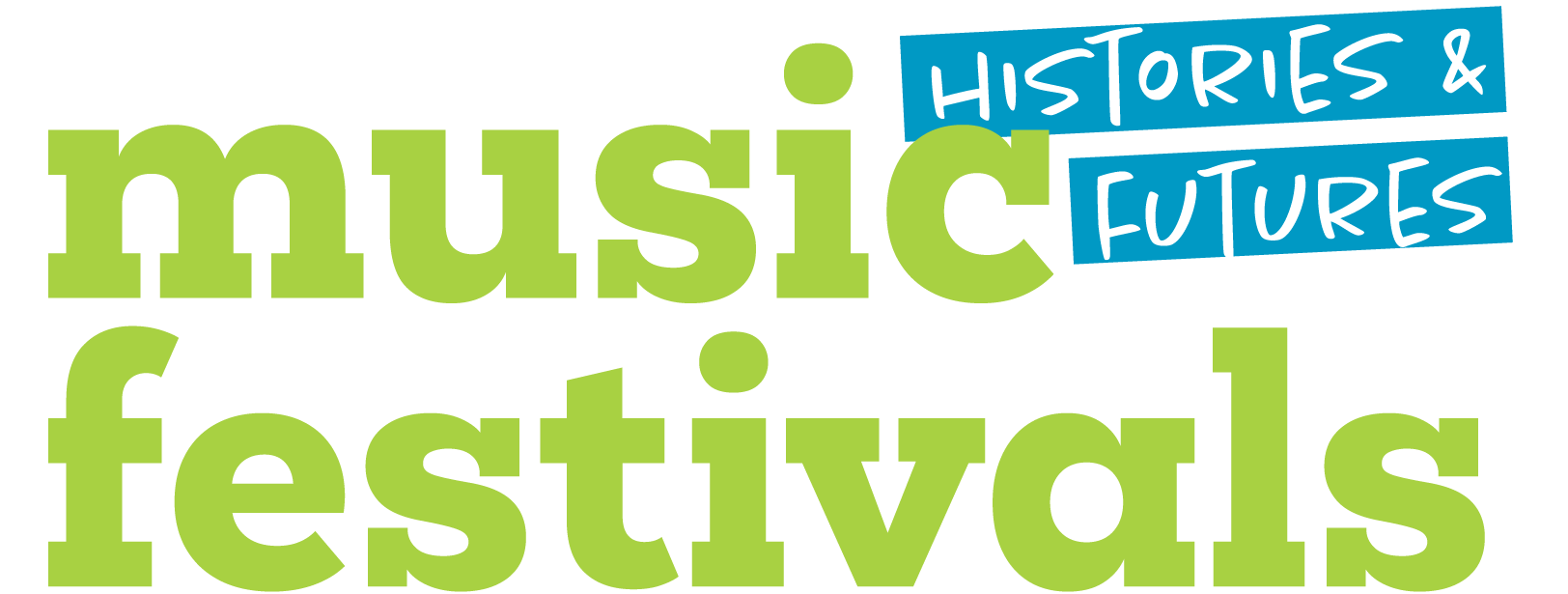Festival studies has become a vital and growing field of research that draws insights from cultural studies, music, sociology, anthropology, ecology, geography, and history, among others. It has arguably emerged as a discipline in its own right. The socio-musicologist Simon Frith pertinently notes that “Festivals seem to attract more academic attention across more disciplines than any other popular music topic.” Drawing on their histories of involvement as festival organizers and researchers, Ellen Waterman and Ajay Heble engage one another in conversation about the opportunities and challenges that music festivals can offer to our understanding of how, where, and why we (as artists, academics, and arts presenters) do our work. In light of recent international crises – the COVID-19 pandemic, protests against racialized violence, ecological degradations spurred by climate change, sustained threats to democratic governance – might festivals play a role in positioning us to respond to the social, political, and ecological threats we face, and to meet the challenges, and the unknowns, of the future? Listen to their conversation about the role that music festivals can play in our current moment.
This conversation took place on 21 April 2022 as part of Thinking Spaces, a series organized by the International Institute for Critical Studies in Improvisation (IICSI).
Thinking Spaces: “Why Music Festivals Now? Ellen Waterman and Ajay Heble in Conversation” from IICSI on Vimeo.
Ellen Waterman is Professor in the School for Studies in Art and Culture and holds the Helmut Kallmann Chair for Music in Canada at Carleton University. She is both a music scholar and a flutist specializing in creative improvisation. With Gillian Siddall, she is co-editor of Negotiated Moments: Improvisation, Sound, and Subjectivity (Duke). Ellen is founder and director of the Research Centre for Music, Sound, and Society in Canada, dedicated to exploring the complex and diverse roles that music and sonic arts play in shaping Canadian society. Between 2003 and 2019, Ellen conducted a cross-Canada comparative research project on experimental music festivals: www.sonicecology.com. Currently, she is the primary investigator for two collaborative research-creation projects on themes of accessibility and equity funded by the SSHRC and the Canada Council for the Arts.
Ajay Heble is the founding Director of the International Institute for Critical Studies in Improvisation (IICSI), and Professor of English in the School of English and Theatre Studies at the University of Guelph. His research has covered a full range of topics in the arts and humanities and has resulted in 15 books published or in press, numerous articles or chapters, and over 100 graduate students and post-doctoral fellows trained and mentored. He was the founding Artistic Director of the award-winning Guelph Jazz Festival and Colloquium (he served in that capacity for 23 years, retiring in 2016), and is a founding co-editor of the peer-reviewed journal Critical Studies in Improvisation/Études critiques en improvisation (www.criticalimprov.com). Dr. Heble is the recipient of numerous awards, including the 2016 SSHRC Impact Award in the Partnership category, the 2014 Dr. Winegard Exemplary Volunteer Award, and a Teaching Excellence Award from the Student Senate Caucus at the University of Guelph. In 2019, he was awarded an honorary degree (Doctor honoris causa) from 17, Instituto de Estudios Criticos in Mexico.
